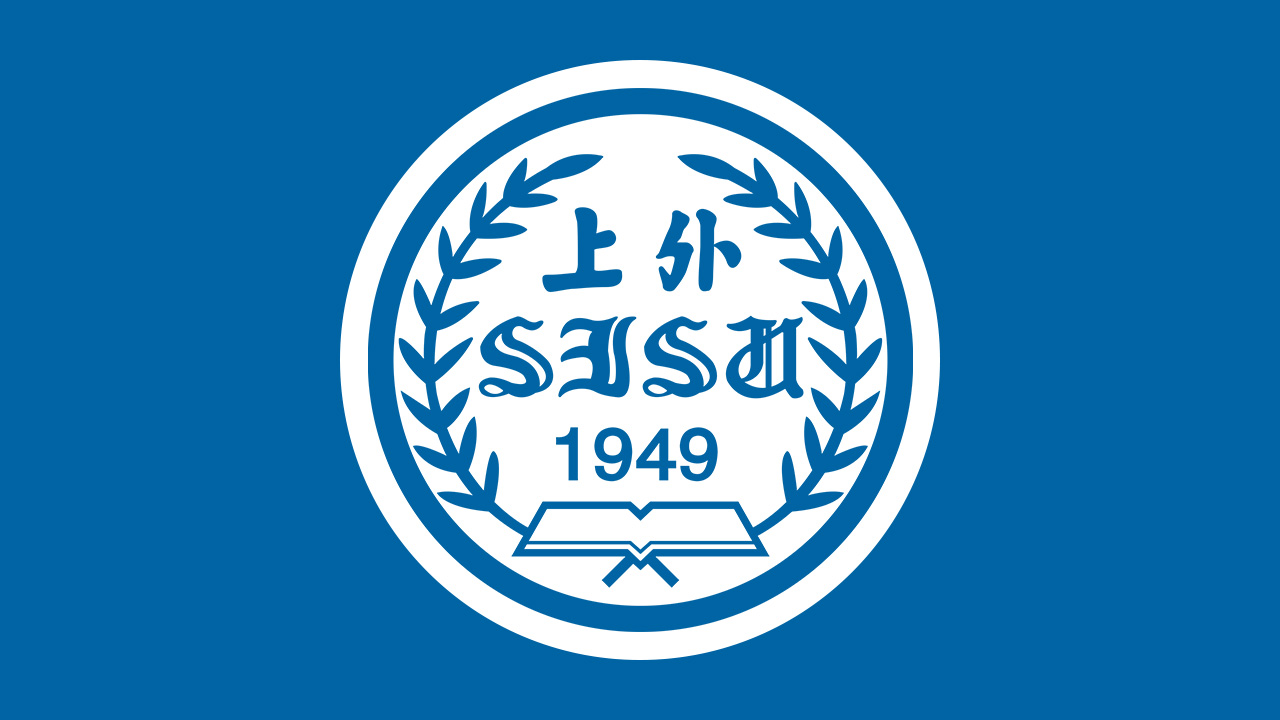
新闻报道


新闻报道
拥有悠久历史的文法学校是英国教育系统的特色之一。公立学校的属性与选拔制的入学方式是它的两个最鲜明也最矛盾的特点。正因如此,文法学校的一举一动,历史上经历的每一次改革,因其背后的政治联想,通常都会引起社会舆论的广泛关注。自公投脱欧后,英国新的保守党政府开始采取不同措施加大教育改革力度,或为挽救脱欧对英国教育,尤其是高等教育的重大影响,或为转移国内民众过分关注脱欧的视线。其中,首相特蕾莎·梅在2016年提出的结束对文法学校扩张禁令的决定,以及2018年保守党政府给文法学校新增5千万英镑拨款的决定,都在英国国内引起轩然大波。本次课程将首先梳理英国基础教育系统,明确文法学校在其中的地位与身份,接着展开有关文法学校的定义、历史、改革、争议的讨论。
参考书目:
1. 李建民:《英国基础教育》,同济大学出版社,2015年。
2. 易红郡:《英国教育的文化阐释》,华东师范大学出版社,2009年
3. https://en.wikipedia.org/wiki/Grammar_school
4. https://www.britannica.com/topic/grammar-school-British-education
5. http://www.ngsa.org.uk/
6. https://www.itv.com/news/2018-05-11/what-are-grammar-schools-and-why-are-they-controversial/
7. https://www.theguardian.com/education/2018/may/11/grammar-schools-in-england-to-get-50m-expansion-fund
新闻报道
伦敦,一座拥有逾两千年历史的古城,享受过日不落帝国的繁荣,也经历过两次世界大战的创伤,在一次又一次的跌宕起伏中不懈寻找转型契机,不断焕发蓬勃的生命力。如今的伦敦是与纽约比肩的国际金融中心,也是全球最富文化底蕴与创意的城市之一。它所提供的适宜的、具有人文关怀的、开放包容的居住与工作环境,吸引着世界各地人才汇聚。
上海与伦敦的城市定位与发展途径有较多相似之处。在迈向全球卓越城市的进程中,上海正面临着伦敦曾经经历和正在应对的问题,例如人口集聚、空间紧缩、交通堵塞、环境污染等等。本次课程聚焦伦敦的经济、交通、空间、与文化创意产业四个领域,旨在从政策战略制定的角度探索伦敦在上述四个领域的发展历史、特色与经验。结合上海在这些领域的发展现状,总结出伦敦的经验教训对上海的借鉴与启示。
参考书目:
1. 邓智团,宁越敏. 功能型国际金融中心的成长与运行研究[J].世界地理研究,2009(3): 1-8.
2. 杜坤,田莉.基于全球城市视角的城市更新与复兴:来自伦敦的启示[J].国际城市规划,2015(4): 41-45.
3. 迈向卓越的全球城市 - 上海市城市总体规划(2017-2035年)报告. 上海市人民政府 (2018.1).
4. 钱喆, 吴翱翔, 张海霞. 世界级城市交通发展战略演变综述及启示[J].交通规划,2015(1): 52-59.
5. 谭小平. 英国创意产业的现状、批评与反思[J].商业经济评论,2011(4): 92-93.
6. 王晓阳. 伦敦金融中心发展机制对上海的启示[J].战略决策研究,2014(6): 70-79.
7. 杨震,于丹阳,蒋笛. 精细化城市设计与公共空间更新:伦敦案例及其镜鉴[J].规划师论坛,2017(10): 37-43.
8. 张卫良.“交通革命”:伦敦现代城市交通体系的发展[J]. 史学月刊,2010(5): 76-84.
新闻报道

-金融与科技的融合逻辑与前景
-科技赋能金融实践举例
新闻报道

社会心理学家将爱情定义为“强烈的渴望与他人结成伴侣的状态”。与此同时,随着科学技术的发展,研究者们展开了对爱情相关的的神经机制的研究以及维持爱情稳定的因素的探索。然而并未有研究者着眼于爱情是否能够改变大脑的功能与结构?维持爱情稳定因素背后的心理和神经机制为何?情侣之间是否有心有灵犀的现象,其背后的神经机制是什么?
我们设计实验首先证明爱情经历可以改变个体奖赏、动机、情绪调节网络以及社会认知网络相关的脑区。这一结果提示我们爱情应该是一种高级认知行为。随后综述前人研究发现在众多影响因素中,积极错觉对爱情关系的持续具有最高的预测率。而实验证明,情侣间积极错觉的保持是由于情侣相关的有利信息和不利信息不对称性的参与情侣的印象更新过程。且该过程受到左侧额下回等脑区的调控。此外,我们发现情侣双方在感受相同类型刺激时的行为表现和大脑神经活动都有较高的同步性,体现了一种“心有灵犀”的现象。
总的来说,通过研究我们可以把爱情看做一种特定的神经活动的结果,而不是神秘的心理现象。
新闻报道

新闻报道

近年来,我校立足多语种、跨学科、跨文化优势,通过上海外国语大学海外研修项目,支持教师赴海外从事项目培育与科研合作。本次讲座中,王海峰老师将分享大数据时代下的大数据可视化与应用。
新闻报道
Martin Halliwell教授将于5月20日在我校松江校区开展上外与莱斯特大学之间的“本科生‘2+2’双学士项目“和“硕士生双学位项目”的宣讲会。
新闻报道

中国与伊朗从公元前2世纪至16世纪一直保持了良好的政治、经济往来。伊朗是为数不多的从陆、海丝绸之路两条两线同中国保持联络的国家。三位教授将从三个方面对历史上的中伊文化交流做梳理和评析。
1. 《唐代入华的波斯贵人与粟特商人》:利用传世文献和出土资料,阐释唐朝入华波斯人和粟特人的不同身份和社会等级,说明两者在唐朝的不同际遇与沉浮。
2. 《 元代中国与伊朗之间的典籍流传》:将围绕我国元代学者王士点、商企翁在《秘书监志》卷七《司天监》中所载元代天文台收藏的23种波斯、阿拉伯文图书目录,以及伊朗伊利汗国学者拉施特在其著作所记传入伊朗的汉语文献,讨论蒙元时期中国与伊朗之间的典籍传播与文化交流。
3. 《16世纪前中国-伊朗关系史阶段划分》:中伊两国能够保持长久的友好关系的原因是两国在确保丝路安全上存有共同利益。根据这一观点,中国与伊朗的历史关系则可以分为四个阶段。而随着欧洲殖民者渗入印度洋和波斯湾地区,这一历史关系延续的条件被破坏殆尽,直至二十世纪下半叶才得以恢复。
欢迎上外各专业师生踊跃参与,并参与对话。
新闻报道

本次会议是陈壮鹰教授国家社科基金一般项目”社会文化语境下德语诗歌演进史研究“的学术研讨会,与会专家学者来自国内各高校德语专业,均在德语诗歌研究和德语国家区域国别研究领域颇有建树,会议将研讨德语诗歌各个重点历史时期的宗教、哲学、政治、文化进程对诗歌的影响以及德语诗韵构架的演变。
新闻报道